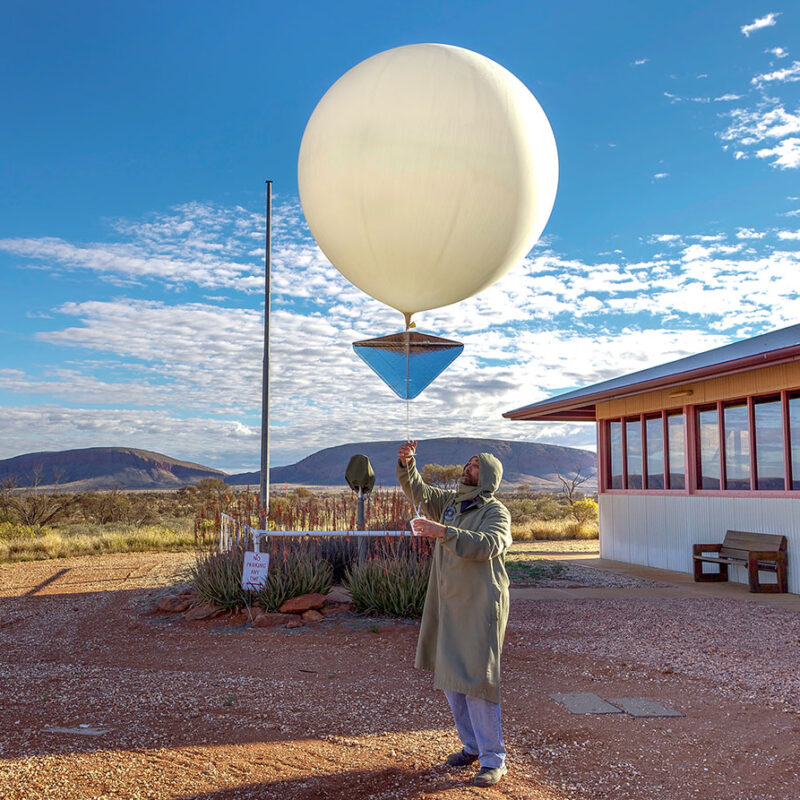About
In this “decisive decade” for climate action, Cornell University has launched The 2030 Project: A Climate Initiative, a university-wide initiative housed within the Cornell Atkinson Center for Sustainability, to mobilize world-class faculty to develop and accelerate tangible solutions to the climate challenge.
The 2030 Project is a university-wide initiative designed to bring ambitious climate research to impact on this critical challenge of our time. We are guided by two core values: climate action that leaves no one behind and scaling local action to global action.
We support climate action that advances human flourishing through opportunity, legitimacy, health, justice, and biodiversity; and we support solutions that position Cornell, Ithaca, New York City, and New York State as models for equitable decarbonization and climate preparation while sharing and scaling these models to the world.

Seven Solvable Problems
We know that meeting the climate crisis requires focused, science-driven action. That’s why we are directing our efforts toward seven problems—areas where meaningful progress is both critical and within reach.
- Clean energy solutions for reduced CO₂ emissions
- Atmospheric carbon removal: natural and synthetic pathways
- Climate adaptation and resilience: preparing people and societies
- Climate modification through planetary engineering
- Methane mitigation: cows and agriculture, buildings and energy
- Financial markets for climate goals
- Just transitions, including human migration
Research-to-Impact “Fast Grants”
To enable Cornell faculty to seize urgent and unique opportunities, The 2030 Project and Cornell Atkinson offer Fast Grants to provide immediate support for impact-oriented climate research and are expected to be in the $10,000 – $25,000 range.
- The 2025 “AI & Climate” Cycle is Open
- Request for Proposals
- Apply by September 29, 2025
- Previous Fast Grant Awards


Climate Solutions Fund
The Climate Solutions Fund is a groundbreaking initiative by Cornell Atkinson and The 2030 Project to accelerate impact-oriented climate research.
It supports projects seeking funding in the $100,000 to $200,000 range, with a strong emphasis on forging partnerships with key non-academic partners and developing scalable solutions.
- The 2024 cycle is closed
- Previous RFP
Research-to-Impact “Big Ideas”
The executive leadership team and faculty advisory committee of The 2030 Project encourage Cornell faculty collaborators to think big to accelerate the large-scale, long-term solutions required in the initiative’s designated action areas.
What could you achieve with $10 million – $100 million for your research team and external partners?


Engage With Cornell Sustainability Researchers
Cornell Atkinson’s more than 600 Faculty Fellows are distinguished researchers, experts, and collaborators who embody Cornell’s leadership in the areas of climate and sustainability.
They are transforming food systems, innovating energy solutions, reducing greenhouse gas emissions, promoting environmental justice, and shaping economic and policy decisions.
Leadership
Benjamin Z. Houlton the Ronald P. Lynch Dean of the College of Agriculture and Life Sciences and David M. Lodge the Francis J. DiSalvo Director of the Cornell Atkinson Center for Sustainability serve as co-chairs of the 2030 Project. They are joined by founding deans Lynden A. Archer the Joseph Silbert Dean of the College of Engineering and Ray Jayawardhana the Harold Tanner Dean of the College of Arts & Sciences as well as deans and faculty across Cornell to guide the university-wide effort.
A faculty advisory committee is connecting researchers and resources across the university:
- Geoffrey W. Coates (Tisch University Professor, Department of Chemistry and Chemical Biology)
- Glen W.S. Dowell (Henrietta Johnson Louis Professor of Management, SC Johnson College of Business)
- Margaret Frey (Vincent V. C. Woo Professor in Fiber Science and Apparel Design)
- Greeshma Gadikota (Croll Sesquicentennial Fellow, Department of Civil and Environmental Engineering)
- Joe Guinness (Associate Professor, Department of Statistics and Data Science)
- Maureen R. Hanson (Liberty Hyde Bailey Professor, Department of Molecular Biology and Genetics)
- Mario Herrero (Nancy and Peter Meinig Family Investigator in the Life Sciences, Department of Global Development)
- Stephen Hilgartner (Frederic J. Whiton Professor of Liberal Studies, Department of Science and Technology Studies)
- Natalie M. Mahowald (Irving Porter Church Professor in Engineering, Department of Earth and Atmospheric Sciences)
- Karl Pillemer (Hazel E. Reed Professor in the Department of Psychology, Professor of Gerontology in Medicine at Weill Cornell Medicine)
- Lara Skinner (Executive Director, Climate Jobs Institute)
- Alexander J. Travis (Professor, Department of Biomedical Sciences; Director, Master of Public Health Program)
- Nancy M. Wells (Professor, Department of Human Centered Design; Sr. Assoc. Dean for Research + Graduate Education, College of Human Ecology)
